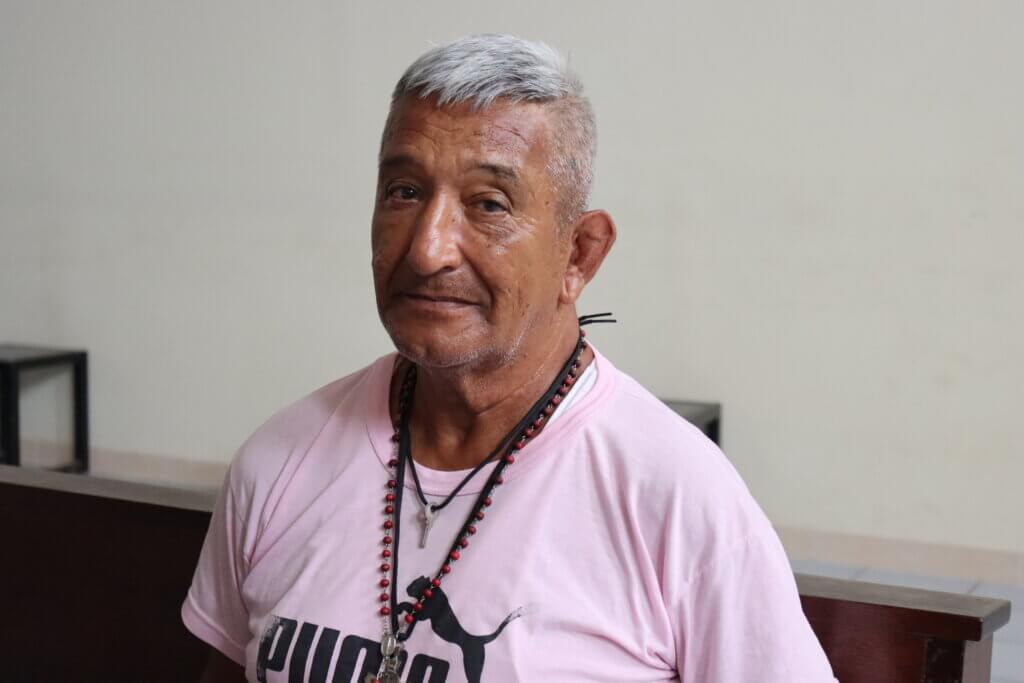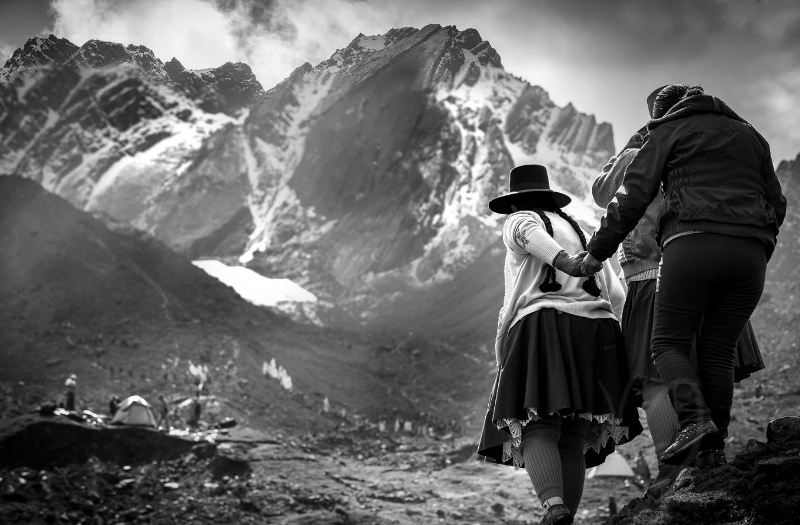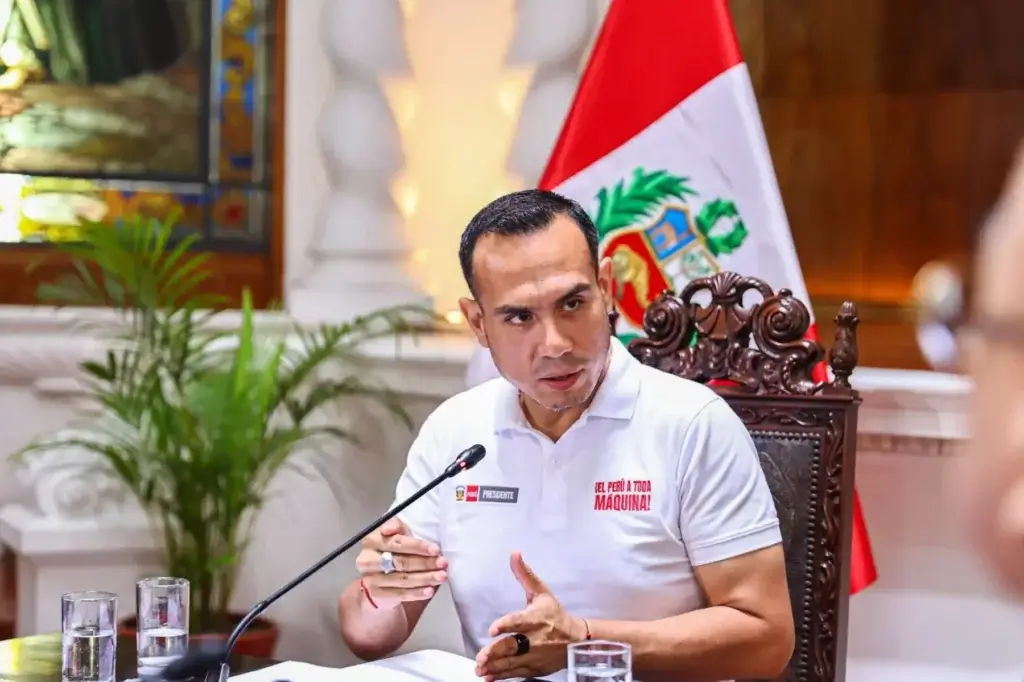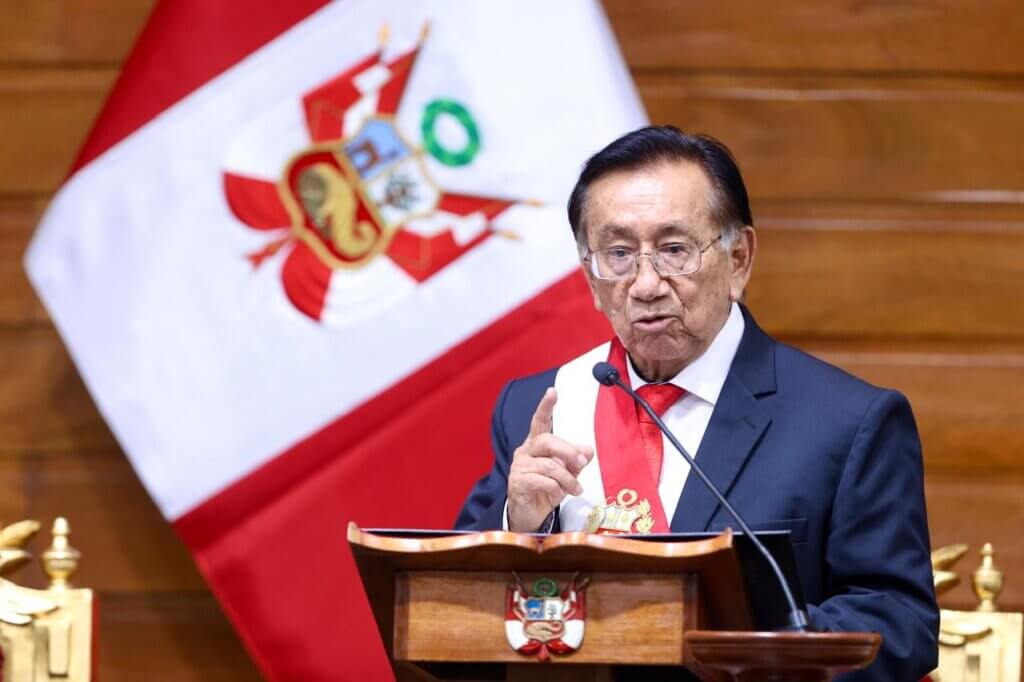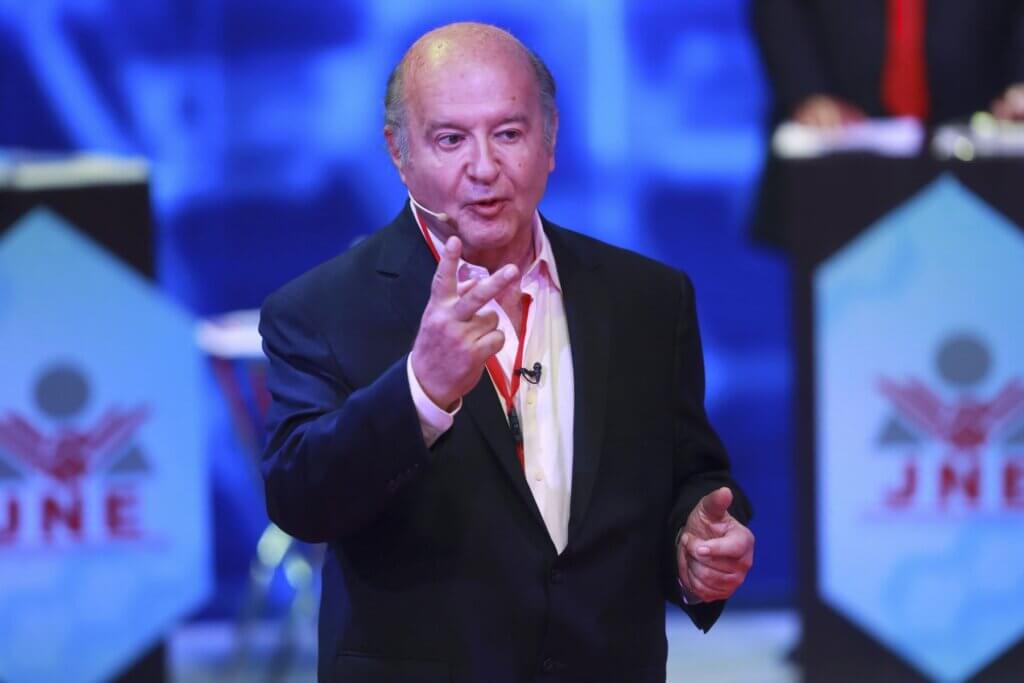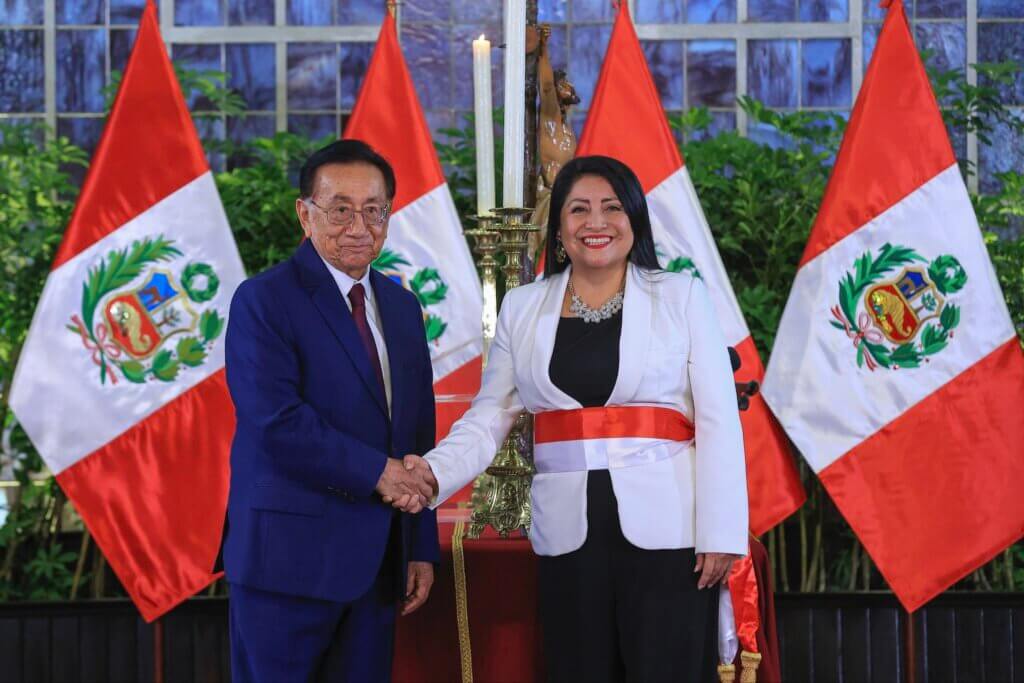Lima, Peru — Tourism at Peru’s majestic Machu Picchu citadel in the Cusco region came to a halt from January 25 to 30 due to massive strikes.
Local residents and unions were protesting a new ticket sales system for the attraction which was put in place by travel and events website Joinnus. Protesters feared that the new ticket platform, officially launched on January 20, would harm local businesses by “privatizing” sales and directing profits to a single company.
Demanding an immediate cancellation of the contract with the website, protesters set roadblocks and obstructed the rail line to Machu Picchu.
After six days, the Ministers of Tourism, Culture, and Environment, along with the regional governor of Cusco and local mayors, signed the “Declaration of Machu Picchu,” which concluded the indefinite strike and terminated the contract with Joinnus as well as addressed 11 other concerns.
Among these points, the government announced that ticket sales would be managed through a Secretariat of the Presidency of the Council of Ministers (PCM) via the government’s digital platform. The goal, according to the declaration, is to improve the user experience and ensure access to one of the country’s main tourist attractions.
Minister of Culture Leslie Urteaga told RPP on January 26 that the halt was due to a “small group” seeking to profit from cultural heritage through the illegal sale of tickets.
“We cannot return to the previous system; we have a report from the Controller’s Office stating that the system is highly vulnerable and has experienced irregularities. Possibly, we will look for a new provider. The state should have a single platform, managed by a digital government,” she said.
Urteaga assured that ticket sales had not been “privatized” as they were contracting a service.
Carlos González, president of the Chamber of Commerce and Tourism of Cusco, told Exitosa that Cusco lost 3 million soles (USD $786,000) per day due to the protests.
“For each day of paralysis, those involved in travel and tourism agencies, hotels, transportation, markets, and others lose 3 million daily,” he said.
He also reported that governments of other countries, including the United States, warned of complications for traveling to Cusco. On January 26, the U.S. government advised its citizens to avoid crowds and demonstrations, and to be cautious near large gatherings or protests.

Tourists were affected
The protests disrupted access to Machu Picchu, leading to the suspension of train services to the ancient ruins and leaving hundreds of tourists stranded. This situation prompted authorities on January 27 to intervene and find emergency accommodation for these people.
Some travelers with scheduled visits to Cusco altered their routes to other attractions such as the Rainbow Mountain or Maras Moray until the railway to Machu Picchu reopened.
Other travelers with train travel plans contacted their providers to inquire about rescheduling or refund options. Some visitors chose to cancel their reservations scheduled for February and March.



